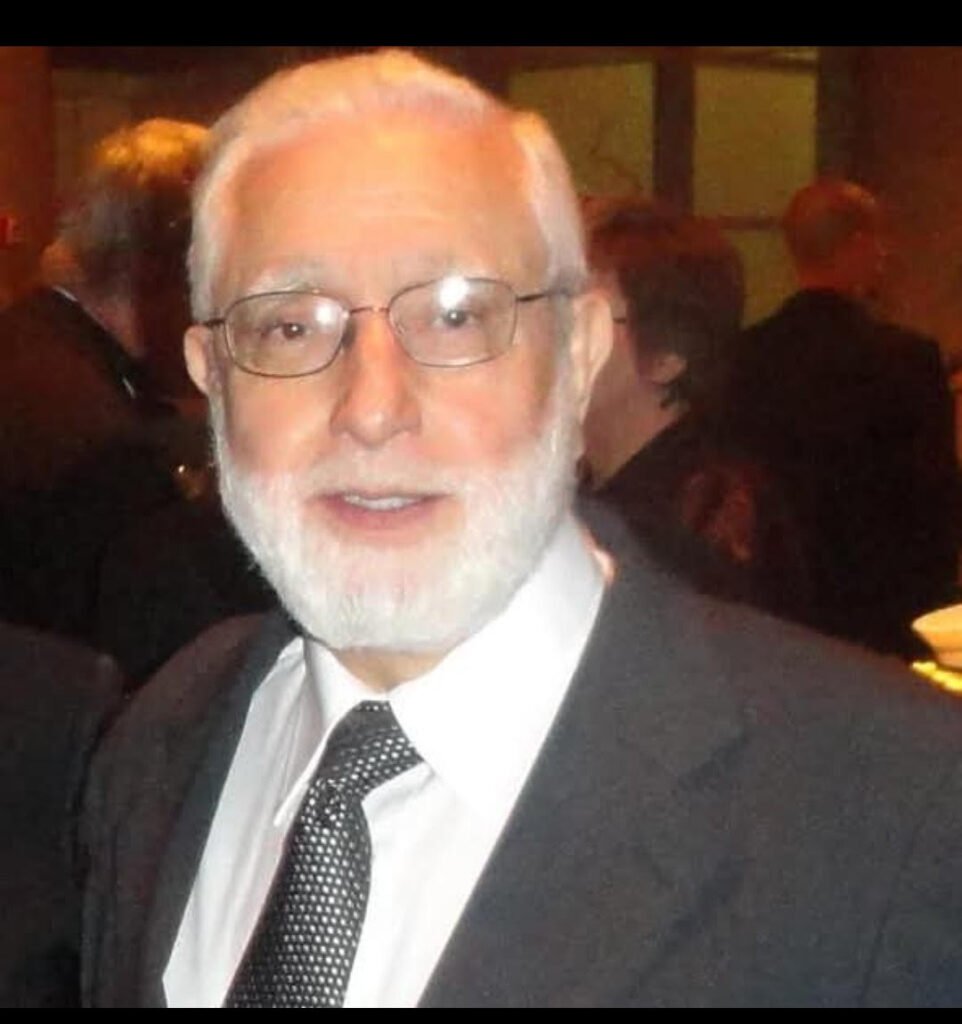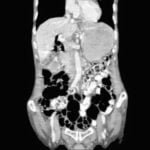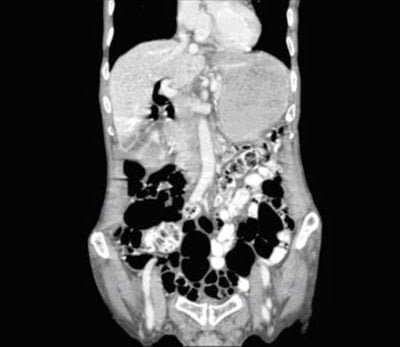Meet the Professor: Prof. G.Q. Allaqaband. Teacher of teachers
Down the memory track , years back
Entering the Govt. Medical College Srinagar main gate behind the wheel of his aqua coloured Fiat car, Prof. G.Q. Allaqband was a familiar sight at GMC Srinagar.
He would step out dressed in his signature small-check half-sleeve shirt, a crisp white coat invariably worn over it, glistening white beard neatly trimmed, spectacles perched gracefully, and brown, polished lace-up shoes that reflected the same quiet discipline he carried into his clinical rounds.
His confident gait and calm authority needed no introduction.
As he made his way to Ward 3, Govt. SMHS hospital Srinagar, Kashmir the usual crowd of attendants with their steel tiffins would instinctively step aside.

The gatekeeper, busy as always with managing entry and exit, would suddenly get super alert , to let him pass without delay.
Prof. Allaqabband didn’t need to announce his arrival—his presence spoke for itself.
One memory of him remains vivid to this day.
I was a third-year MBBS student, still in the early stages of developing a clinical eye. I had been assigned—more accurately, compelled—to present a case.
The patient was an elderly man with left-sided weakness. I had taken the history, though truthfully, history-taking felt tedious and mechanical at the time—something to “get through” rather than learn from.
The patient was admitted to Ward 3. I don’t remember the exact bed number,
Nevertheless I remember he was on the right-side wing of the male section, a few beds away from the main door
I remember the tension in the air as students gathered in a circle and Prof. Allaqaband took his seat on a wooden stool nearby
After hearing the brief history, he rose and examined the patient himself.
What followed was an elegant demonstration of bedside clinical medicine—eliciting reflexes, identifying subtle neurological signs, correlating findings with precision.
Each step was explained with clarity. We weren’t just watching a physical examination—we were witnessing clinical mastery.
Then he took the case file, and instead of jumping to the conclusion, he began from the first page—the patient’s name, age, and date of admission. He explained how each entry in the record had its importance, and stressed how documentation was not a formality but a clinical tool. He advised us on how to write well, record carefully, and approach each case with discipline and detail.
And then came the questions:
Adrenaline leached out of my adrenal glands
My heart started racing!
“What made you ask that?”
“What does that sign indicate?”
“What else should you have considered?”
He guided our thinking without belittling our gaps.
He also checked our instruments—our stethoscopes, reflex hammers, torches—emphasizing that clinical readiness started with simple tools. Preparedness, he taught us, was a form of respect—toward the patient, the profession, and oneself.
The session lasted over an hour, yet no one looked away. It wasn’t just a clinical class—it was an experience. He transformed what I once considered mundane—like history-taking—into something essential, rich, and intellectually rewarding.
Prof. Allaqaband didn’t teach with flair. He taught with depth. He showed us how to observe, how to question, how to think—and most of all, how to care.
Long live the professor who reminded us that the foundations of medicine lie not just in books, but in careful listening, thoughtful examination, and meticulous recording.
What a commendable job Dr. Altaf. Lal has done by recording his interview.
Click to listen to the teacher of teachers—Prof. G.Q. Allaqaband.
Listen to his journey—his hardships, the challenges he faced, how he rose through perseverance, how he qualified both MRCP London & Edinburgh in the first attempt and FRCP finally, what heartfelt advice he offers to today’s budding doctors .
Join the mailing list!
Get the latest articles delivered right to your inbox!



